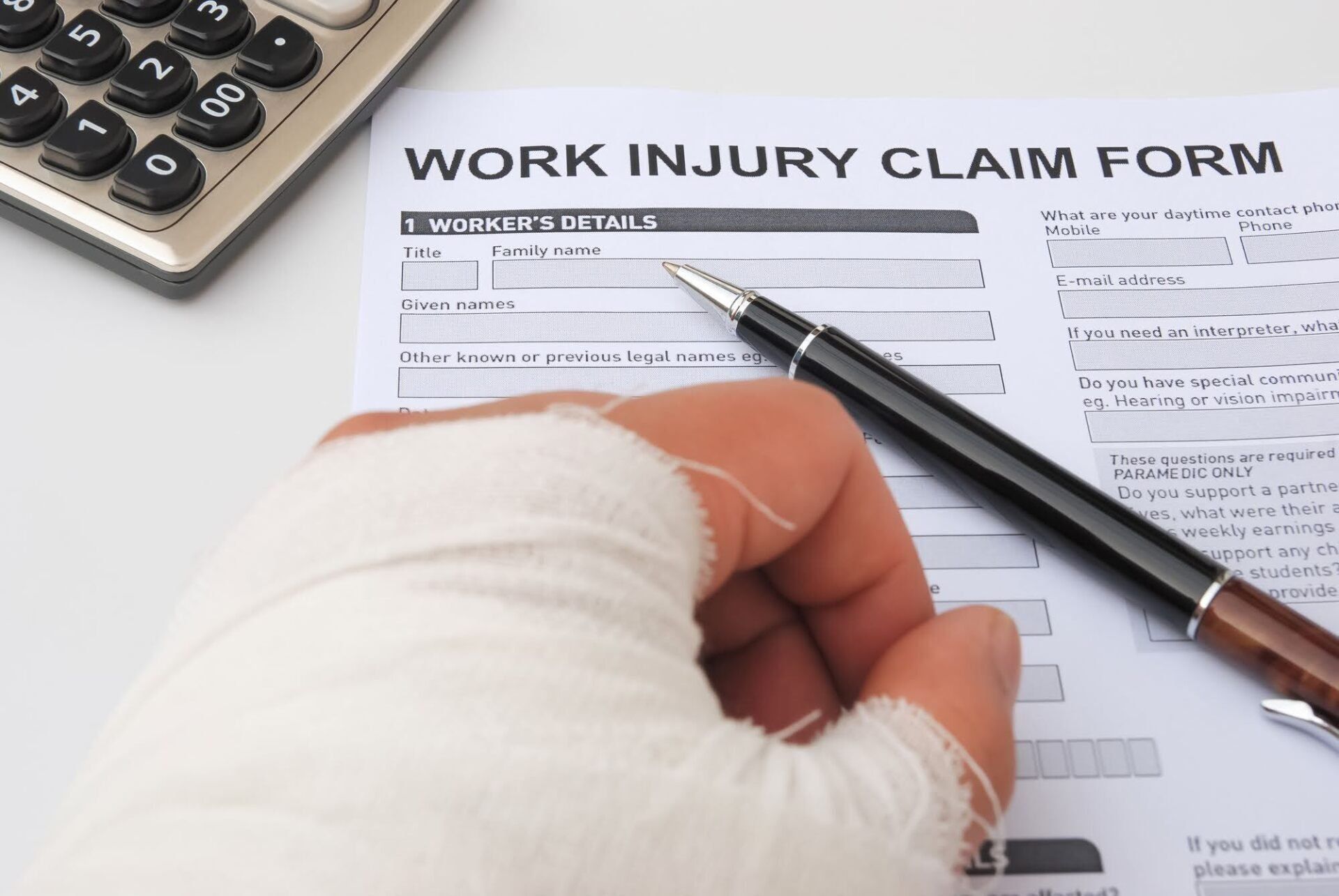Is Your Employer Liable for Workplace Violence?

As an employee, you have the right to a safe workplace. And while this usually comes up in instances of negligence or accidents which injure workers, it also means you have some protection against workplace violence. If you are injured by the actions of a customer, stranger, vendor, or fellow employee while on the job, could your employer be liable? And what might limit that liability?
To help you get the compensation and recovery assistance you need after workplace violence, here are some answers to your questions about employer liability.
What Makes an Employer Liable?
Liability for accidents and injuries is generally based on the concept of a duty of care. Every person has a certain level of duty of care toward others or even toward themselves. A driver has the duty of care to act in reasonable ways to prevent harm to others. Your employer has a duty of care toward their employees.
This duty comes in a number of forms, including the duty of care to adhere to safety and employment rules to create a safe environment. They also have a duty to keep the physical property safe for normal activities. And that duty of care may be higher or lower depending on specific things, such as threats of violence.
When Is an Employer Liable?
Even though an employer has a heightened responsibility for the safety of their workers, this isn't an unlimited responsibility. In general, your employer must have acted negligently in some way. That negligence could be by omission — such as not securing a gate or door — or by commission like sending a delivery person to a house known to be dangerous.
This can be a tricky hurdle for some victims of workplace violence. No one can foresee every possible future action by everyone. If a random stranger comes to the property and begins to attack people, the employer may have had no reasonable way to expect this to occur. They may or may not be negligent based on what steps they took to prepare for violence or how they respond.
In addition, the incident usually must have occurred within a person's scope of employment. If you are injured in a bar fight on company time, your employer may not be responsible unless they sent you to that bar.
What Makes an Employer Negligent?
Your employer can be negligent in many different ways depending on the circumstances of the violent incident. If the employer knows of a disgruntled ex-worker or an angry spouse who has threatened to come to the workplace, for example, they may be negligent if they do nothing to increase physical security in response.
One common form of negligence is failure to have adequate employment policies. Perhaps the company is too cheap to do background checks. If a simple background check would have turned up a conviction for sexual assault, the employer may be liable for an assault that occurs on company time or grounds. A background check could be considered by a jury to be a reasonable step to discharge their duty of care.
Inappropriate security measures are another serious source of negligence related to workplace violence. There may be little or no perimeter security or inadequate protection against intruders in the building. Maybe exits are locked or blocked so that workers can't escape in an emergency — or doors are left wrongly unlocked. Or perhaps the employer allows tailgating through doors and gates. Any of these could be negligent.
Finally, the employer must respond appropriately to changing situations. If the neighborhood has experienced a rash of violent theft, the employer may be responsible for increasing security around employees. A jury is likely to find that escalation of security is a reasonable response to changes. And if they build an office in a dangerous area, it would be reasonable to expect different security than at a safer office.
Does an Employer Have to Know of a Problem?
Can an employer simply claim ignorance of a potential problem? Not necessarily. You may be able to demonstrate that the employer reasonably should have been aware of a hazard even if they never directly acknowledged it.
For example, if a company actively allows employees to carry weapons on company property, there is an increased chance of trouble. Combine that with a high-stress workplace or interpersonal conflicts, and the risk goes up. The company may not know that a particular employee was going to pull a knife on another, but it may be reasonable to believe that they should have known they were fomenting a growing risk.
Where Should You Start?
If you think that your employer may share some of the responsibility for a violent workplace incident, start by meeting with an experienced personal injury attorney in your state. David A. Helfand, P.A. , has assisted employees for nearly three decades. Our team will work with you to identify anyone who may hold liability for your injuries and build a solid case if you must take it all the way to trial. Call today.
CONTACT US
We will get back to you as soon as possible
Please try again later
CONTACT US
We will get back to you as soon as possible
Please try again later
Office Hours:
- Mon - Fri
- -
- Sat - Sun
- Closed










